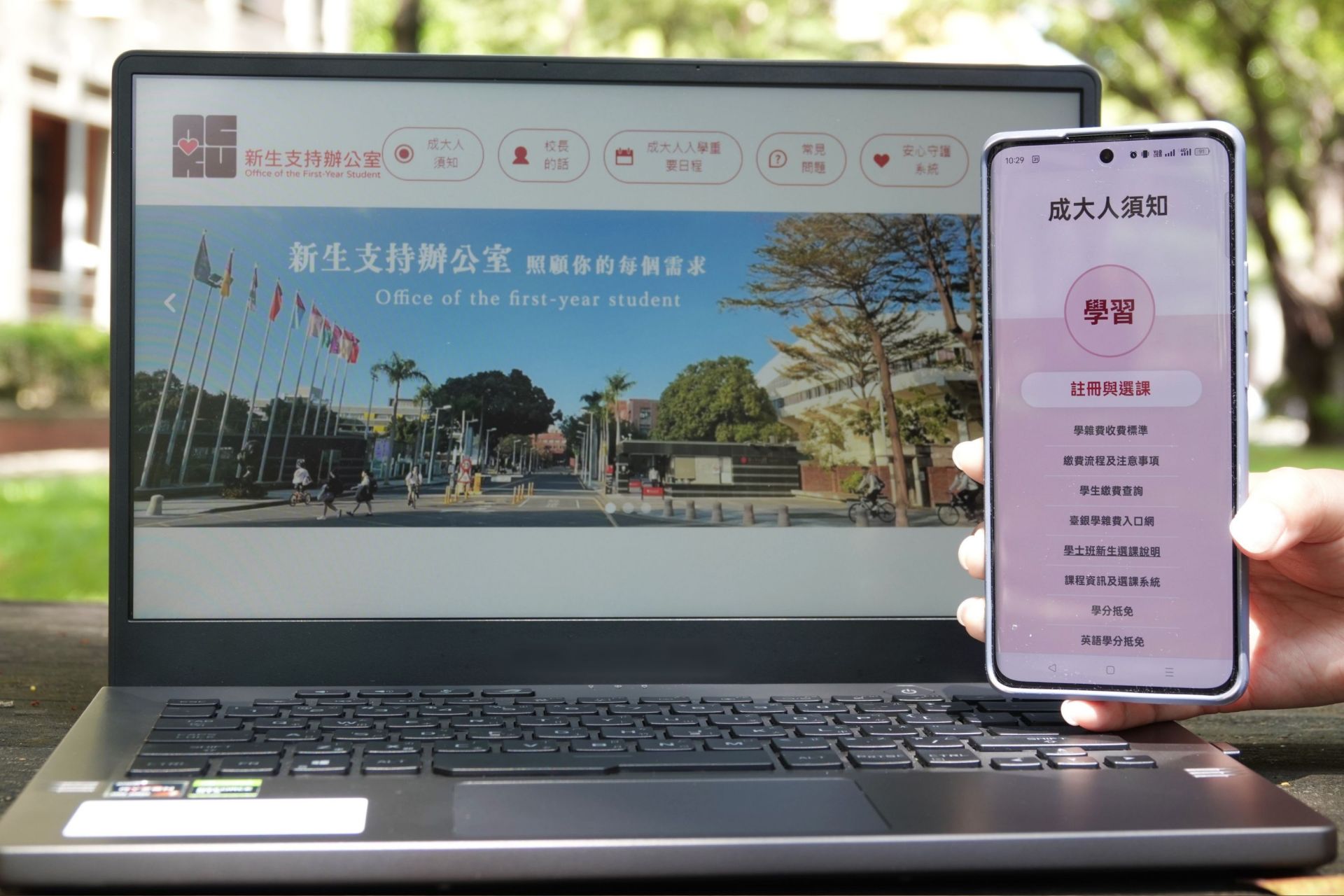SDG9
Unlocking Subatomic Mysteries: Asian Scientists Gather at NCKU to Discuss Next-Gen High-Energy Nuclear Physics
The 3rd EIC-ASIA Workshop took place at the Department of Physics, National Cheng Kung University (NCKU), from January 29 to 31, 2024. The Electron-Ion Collider (EIC), approved by the U.S. Department of Energy, is set to construct a new generation of colliders and detectors to explore many intriguing phenomena within atomic nuclei. With over 60 scientists participating, the workshop facilitated the exchange of the latest theoretical developments, experimental results, and inspired new research directions and collaborations.
Co-organized by NCKU, Academia Sinica, and the Taiwan Detector Consortium, the workshop featured presentations from key figures such as Prof. Rolf Ent (Jefferson Lab), head of the EIC project, and Prof. John Lajoie (Oak Ridge National Lab), spokesperson for the ePIC experiment. Academia Sinica academician Prof. Jen-Chieh Peng also contributed to discussions about EIC physics. Alongside updates on EIC and ePIC projects, the workshop covered four major discussion themes: recent theoretical advances, ongoing experimental results, the development status of detectors in Asia, and future directions for each country's involvement.
Professor Yi Yang of the NCKU Department of Physics highlighted the significance of EIC in continuing to probe intriguing nuclear physics phenomena, underscoring its importance for global physics exploration over the next two decades. The EIC project, encompassing collider and detector development (ePIC experiment), has attracted worldwide interest, with numerous physicists contributing to research efforts. Taiwan, including NCKU, National Taiwan University, National Central University, Tsinghua University, National Yang-Ming Chiao Tung University, and Academia Sinica, has played a crucial role in detector development and quantum chromodynamics theory related to subatomic systems.
Professor Yi Yang expressed his delight at the workshop's ability to gather international, particularly Asian, physicists to discuss vital physics topics and experiments, fostering collaboration and inspiring future scientific endeavors. Furthermore, the collaboration between NCKU and Purdue University in designing and manufacturing the Time-of-Flight (TOF) detector for the EIC ePIC experiment holds significant promise, leveraging advanced materials and benefiting from the rich historical ties between the two institutions.
Co-organized by NCKU, Academia Sinica, and the Taiwan Detector Consortium, the workshop featured presentations from key figures such as Prof. Rolf Ent (Jefferson Lab), head of the EIC project, and Prof. John Lajoie (Oak Ridge National Lab), spokesperson for the ePIC experiment. Academia Sinica academician Prof. Jen-Chieh Peng also contributed to discussions about EIC physics. Alongside updates on EIC and ePIC projects, the workshop covered four major discussion themes: recent theoretical advances, ongoing experimental results, the development status of detectors in Asia, and future directions for each country's involvement.
Professor Yi Yang of the NCKU Department of Physics highlighted the significance of EIC in continuing to probe intriguing nuclear physics phenomena, underscoring its importance for global physics exploration over the next two decades. The EIC project, encompassing collider and detector development (ePIC experiment), has attracted worldwide interest, with numerous physicists contributing to research efforts. Taiwan, including NCKU, National Taiwan University, National Central University, Tsinghua University, National Yang-Ming Chiao Tung University, and Academia Sinica, has played a crucial role in detector development and quantum chromodynamics theory related to subatomic systems.
Professor Yi Yang expressed his delight at the workshop's ability to gather international, particularly Asian, physicists to discuss vital physics topics and experiments, fostering collaboration and inspiring future scientific endeavors. Furthermore, the collaboration between NCKU and Purdue University in designing and manufacturing the Time-of-Flight (TOF) detector for the EIC ePIC experiment holds significant promise, leveraging advanced materials and benefiting from the rich historical ties between the two institutions.

More than 60 physicists from various Asian countries attended the seminar to share their research and experimental findings.

The workshop sparked numerous interactions and friendships.

Professor Yi Yang hopes that the workshop, besides fostering scientific exchange, can also attract students to engage in fundamental scientific research.






















